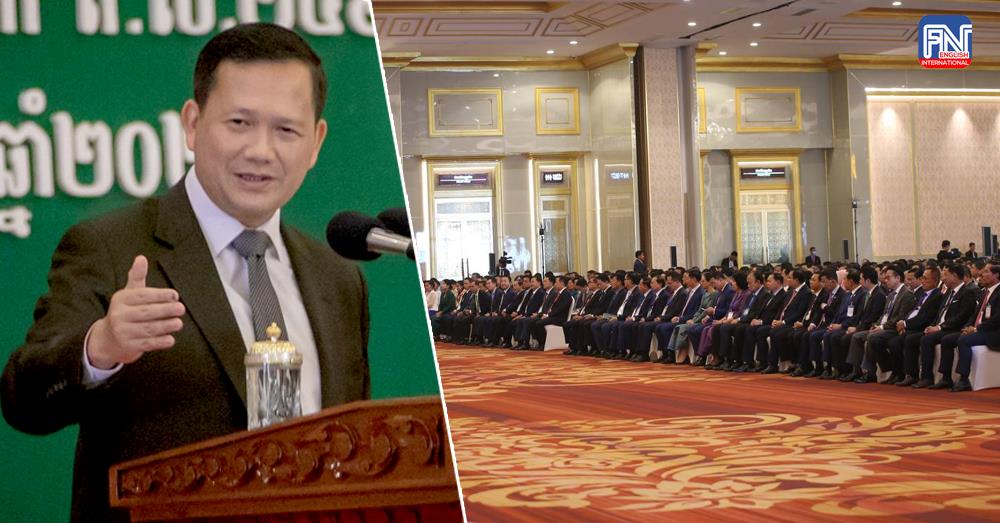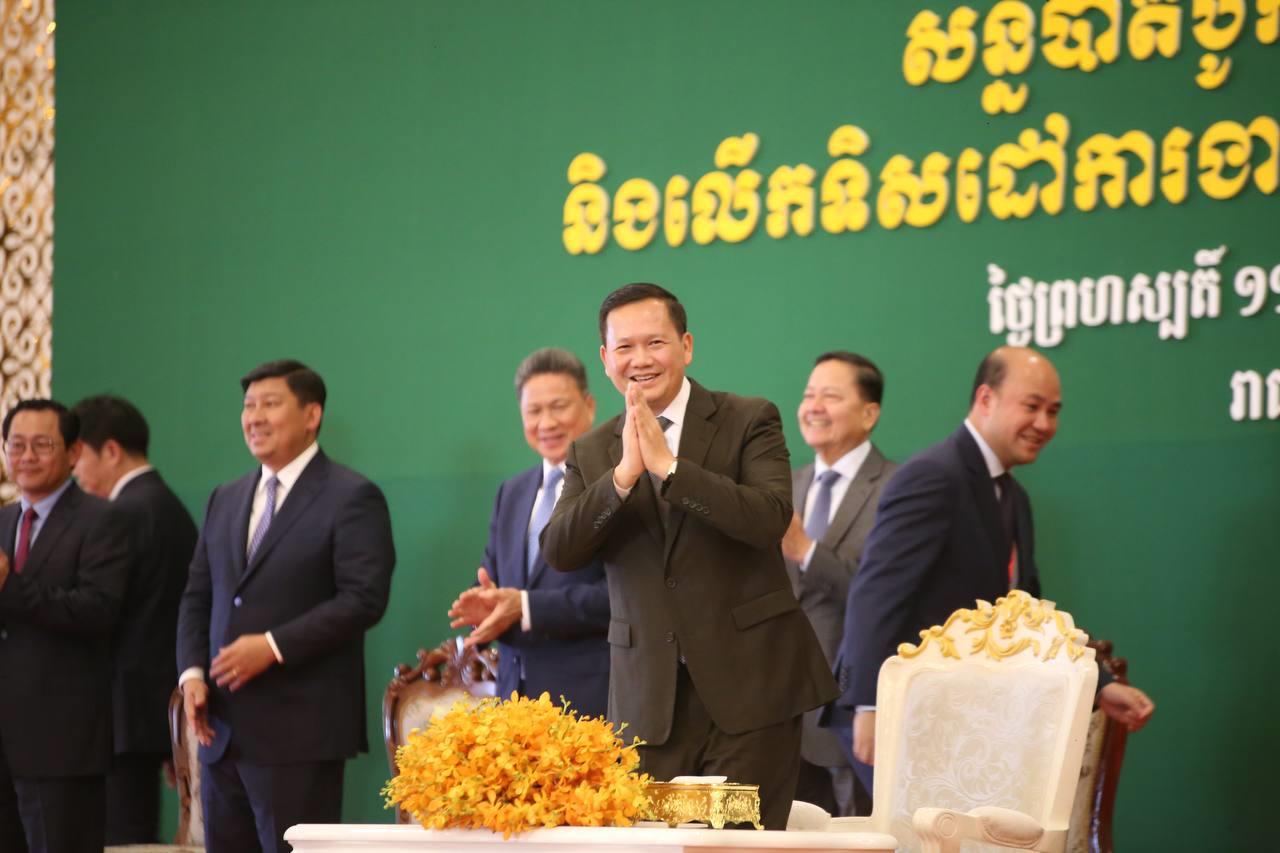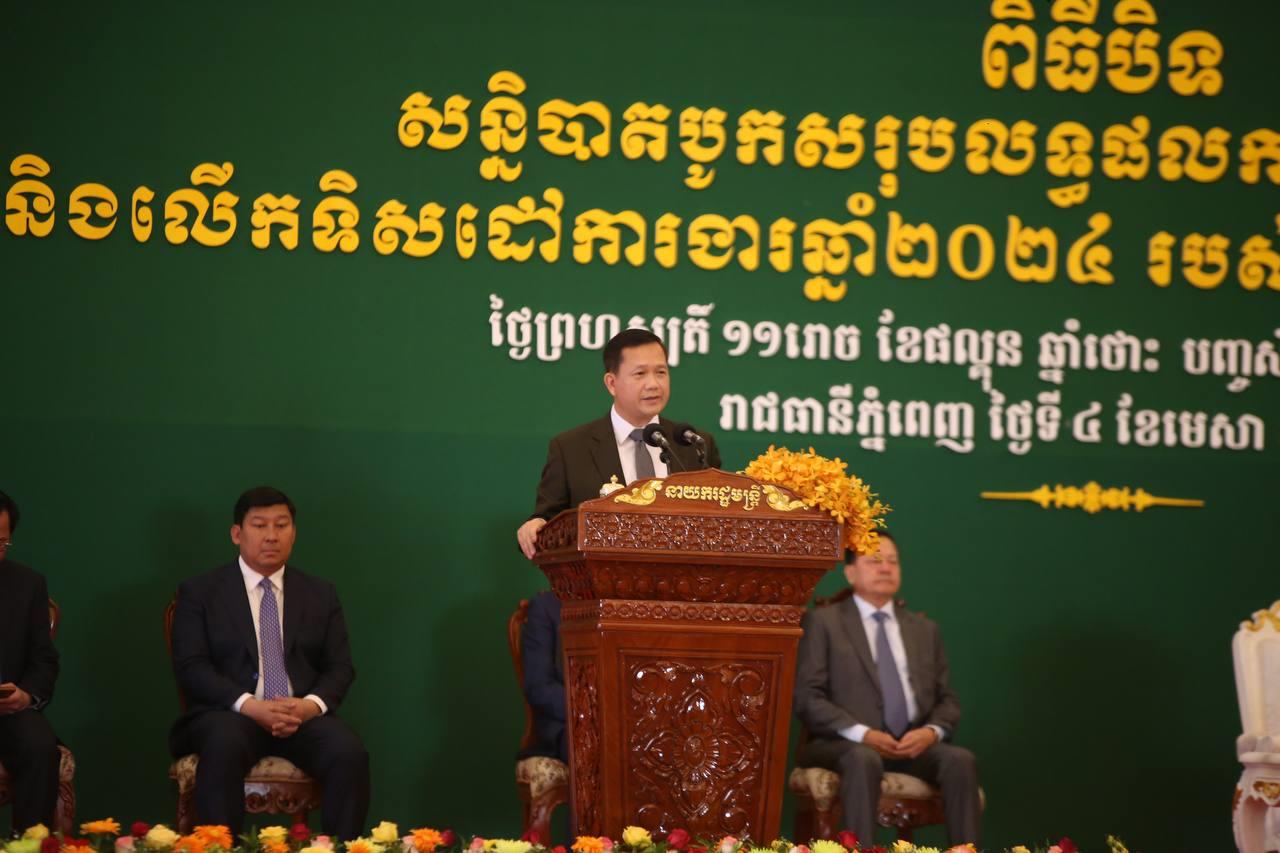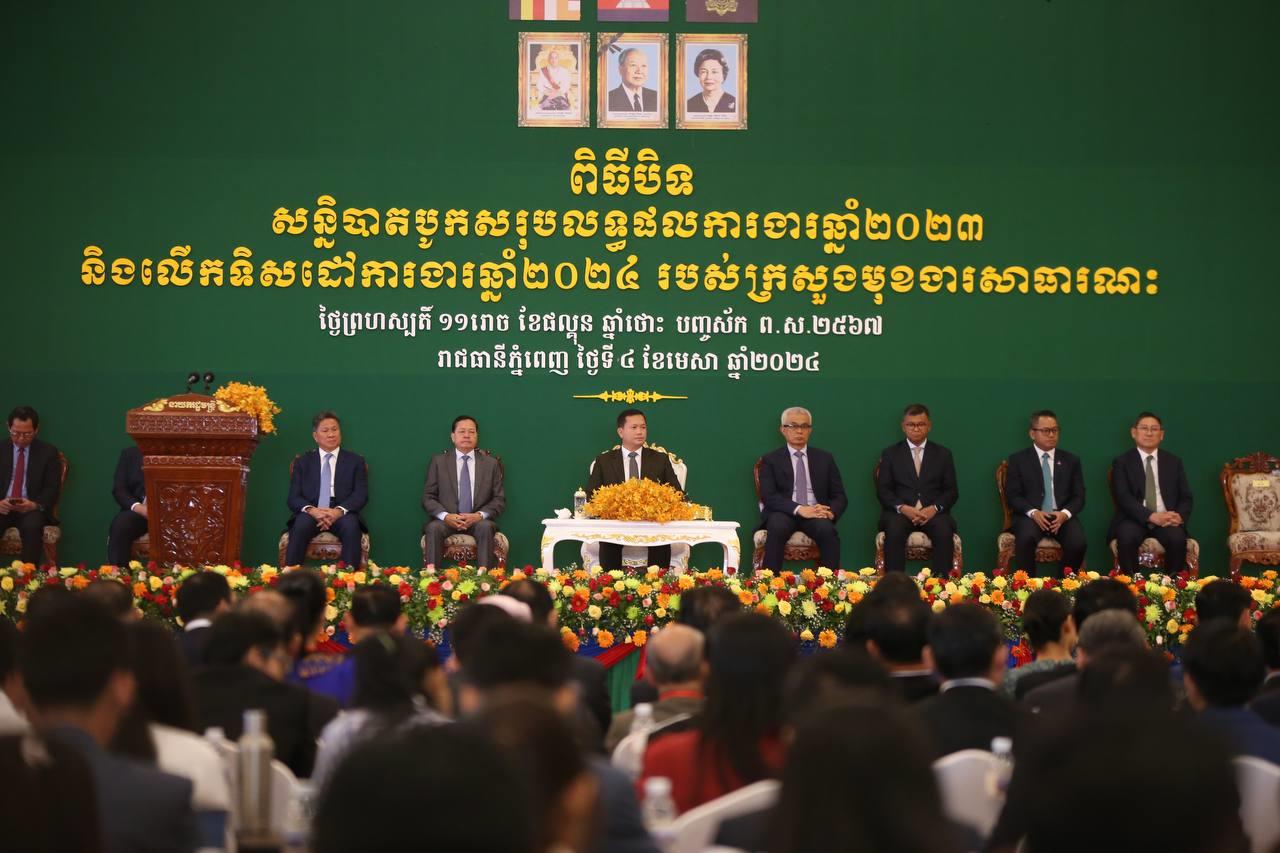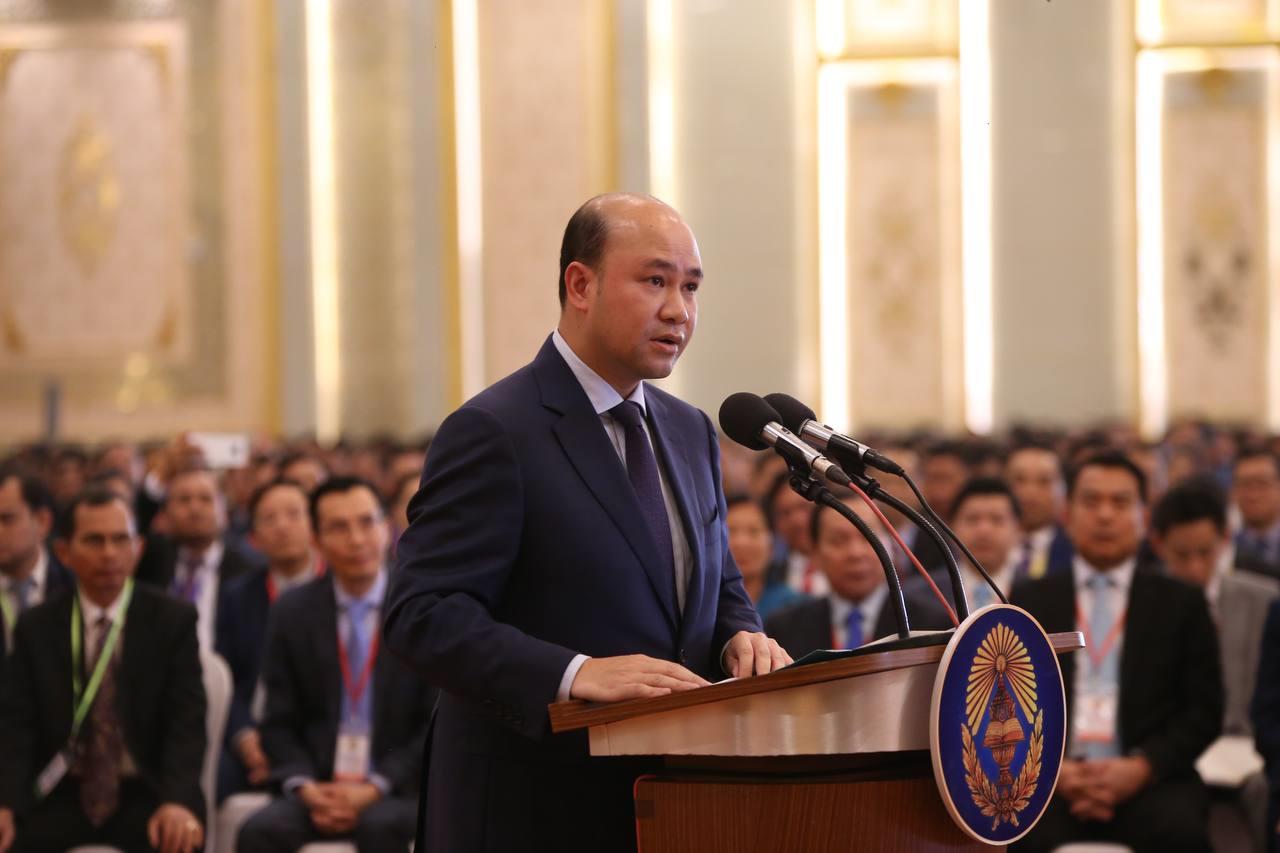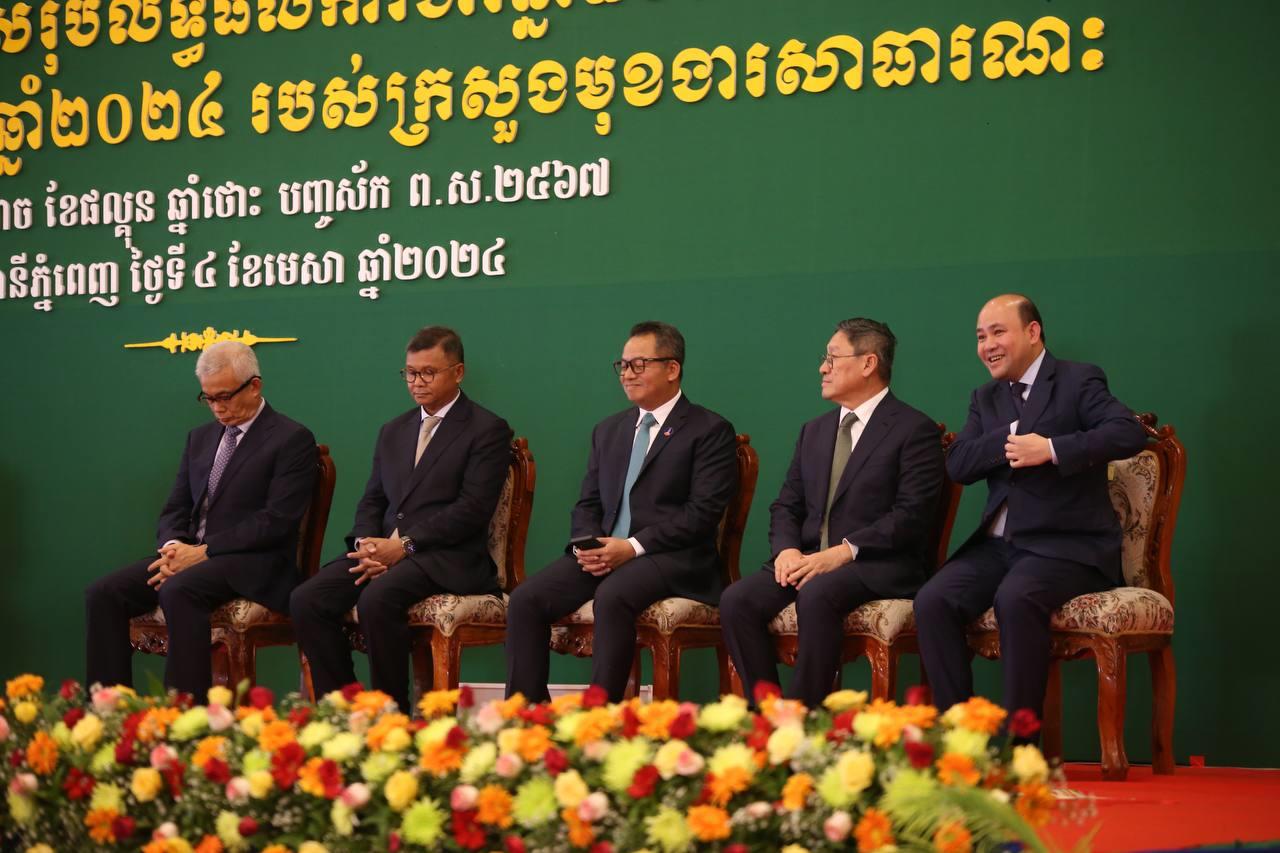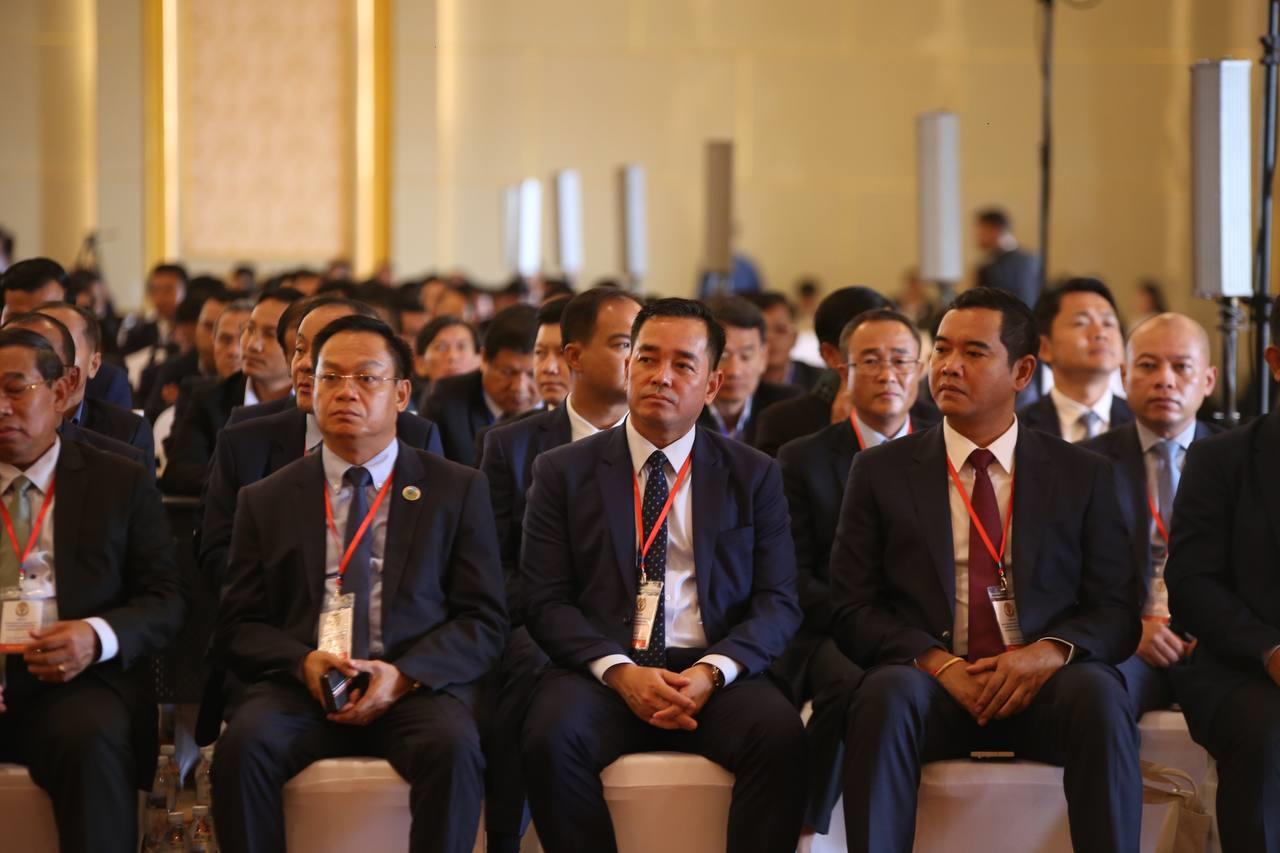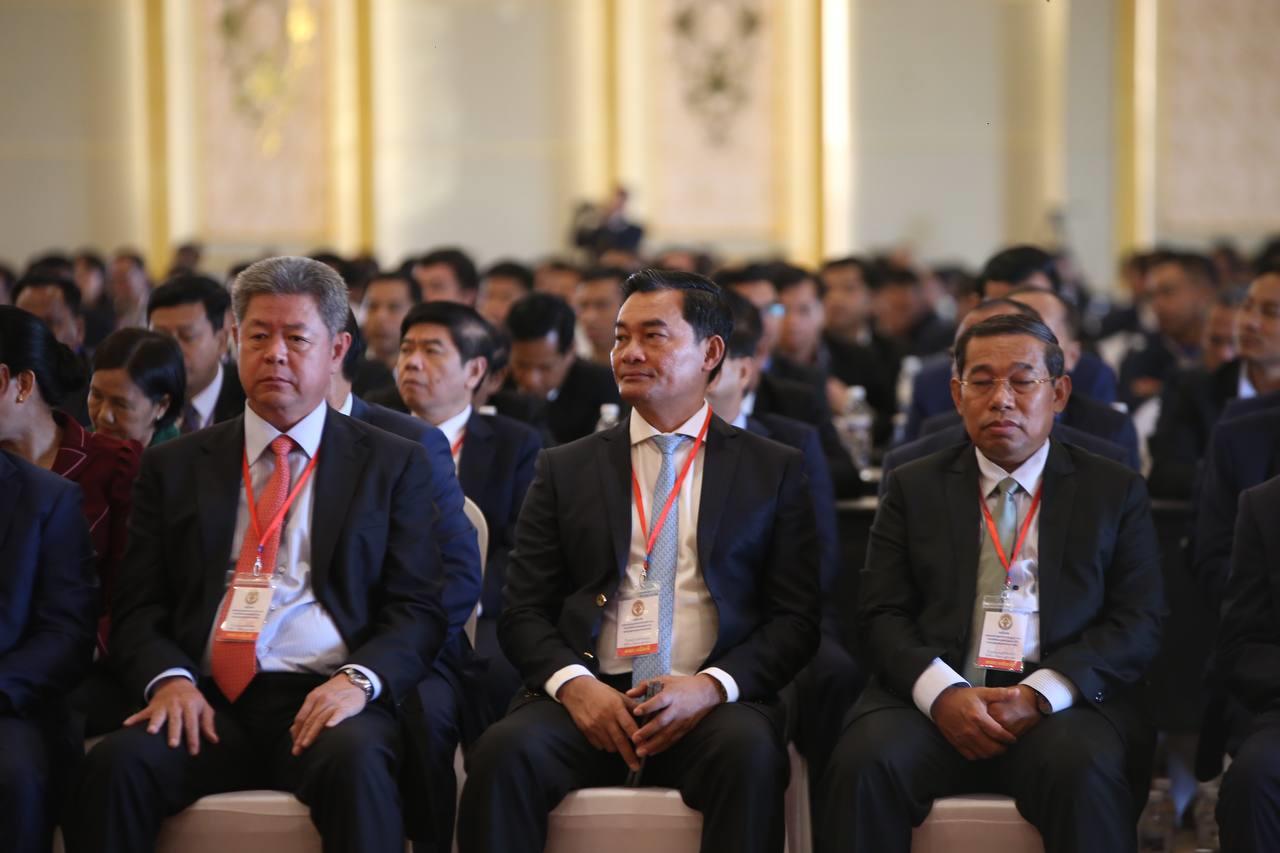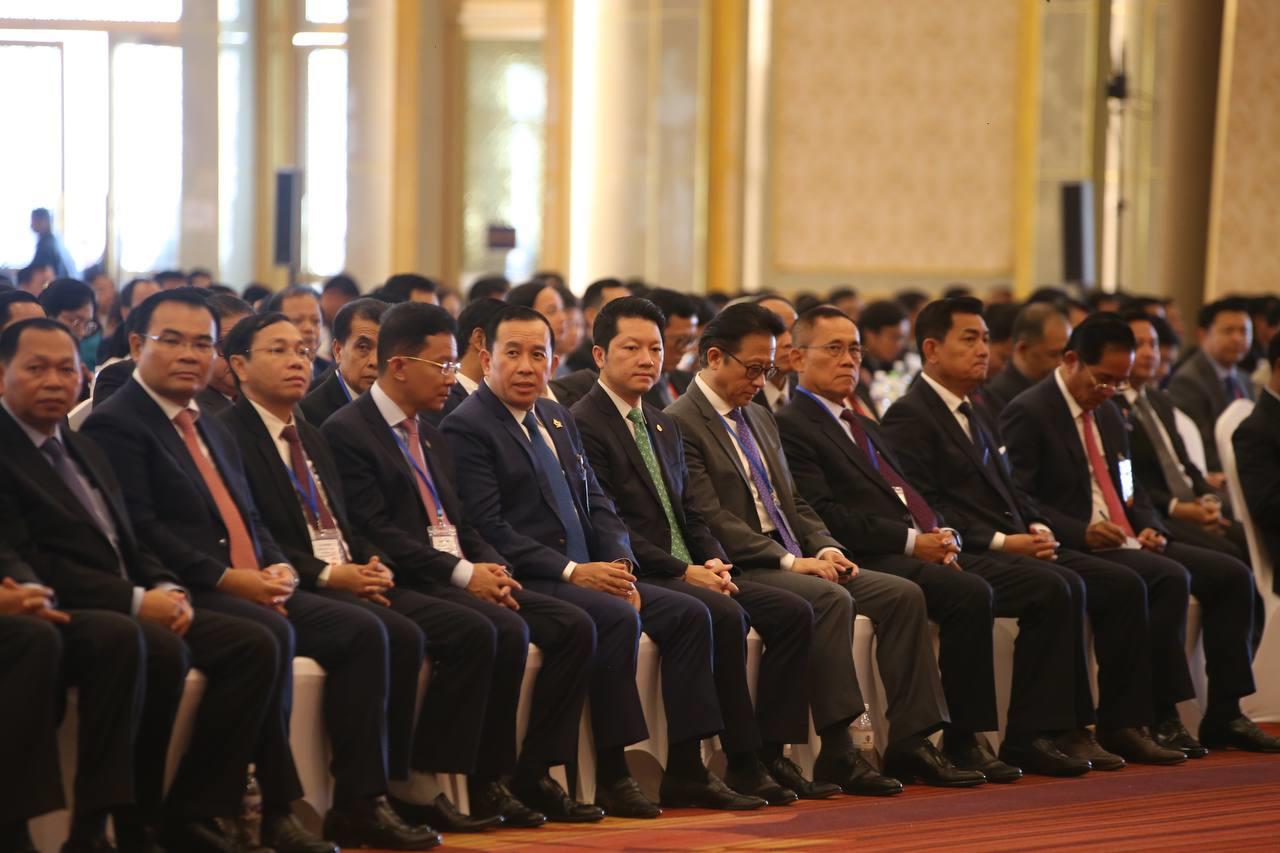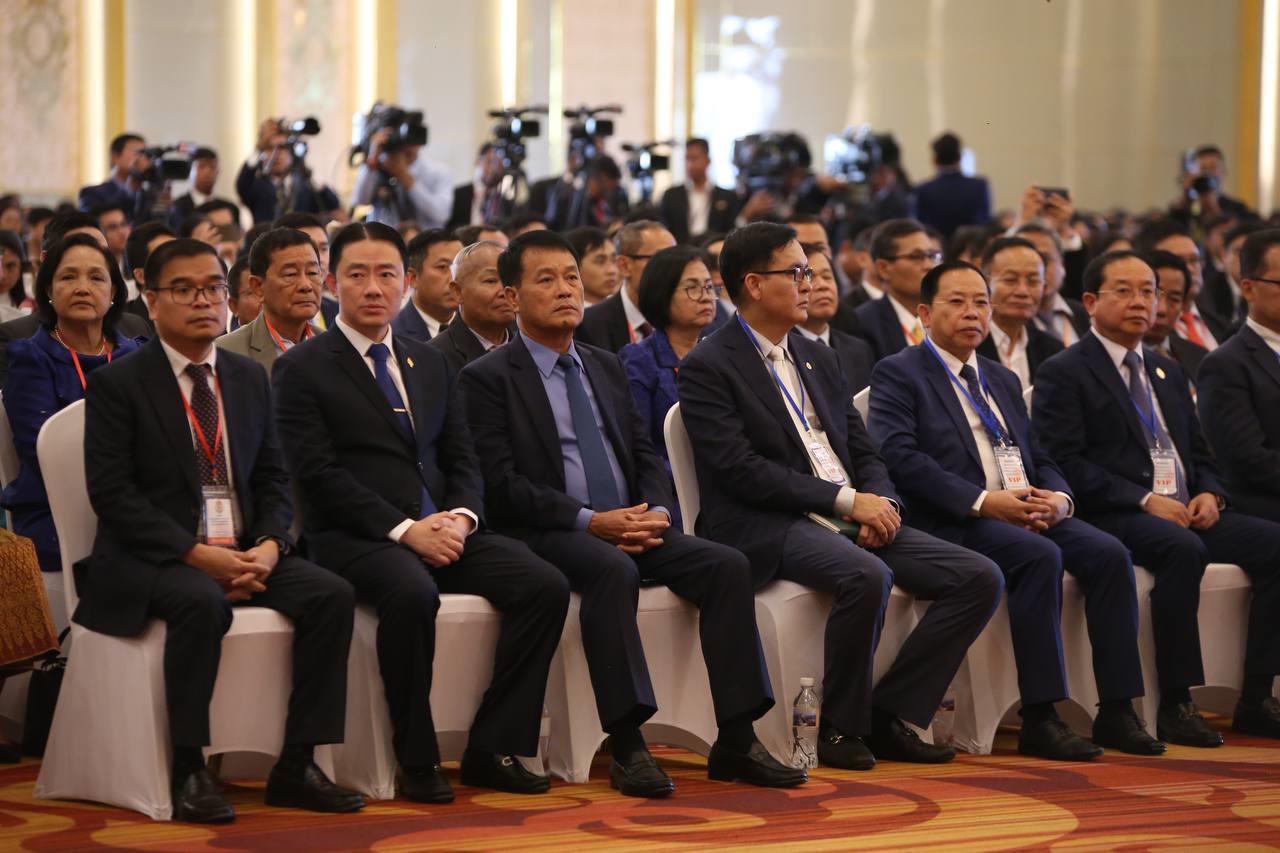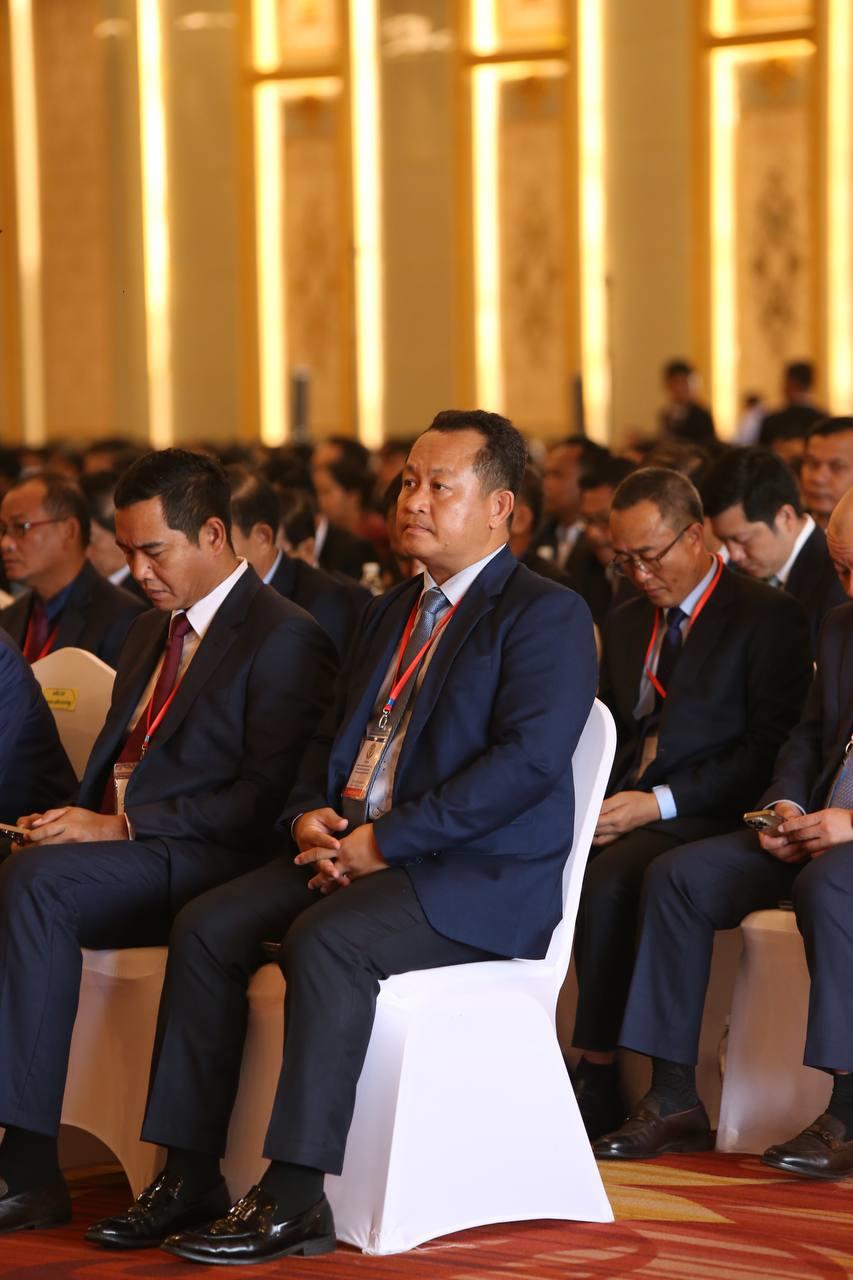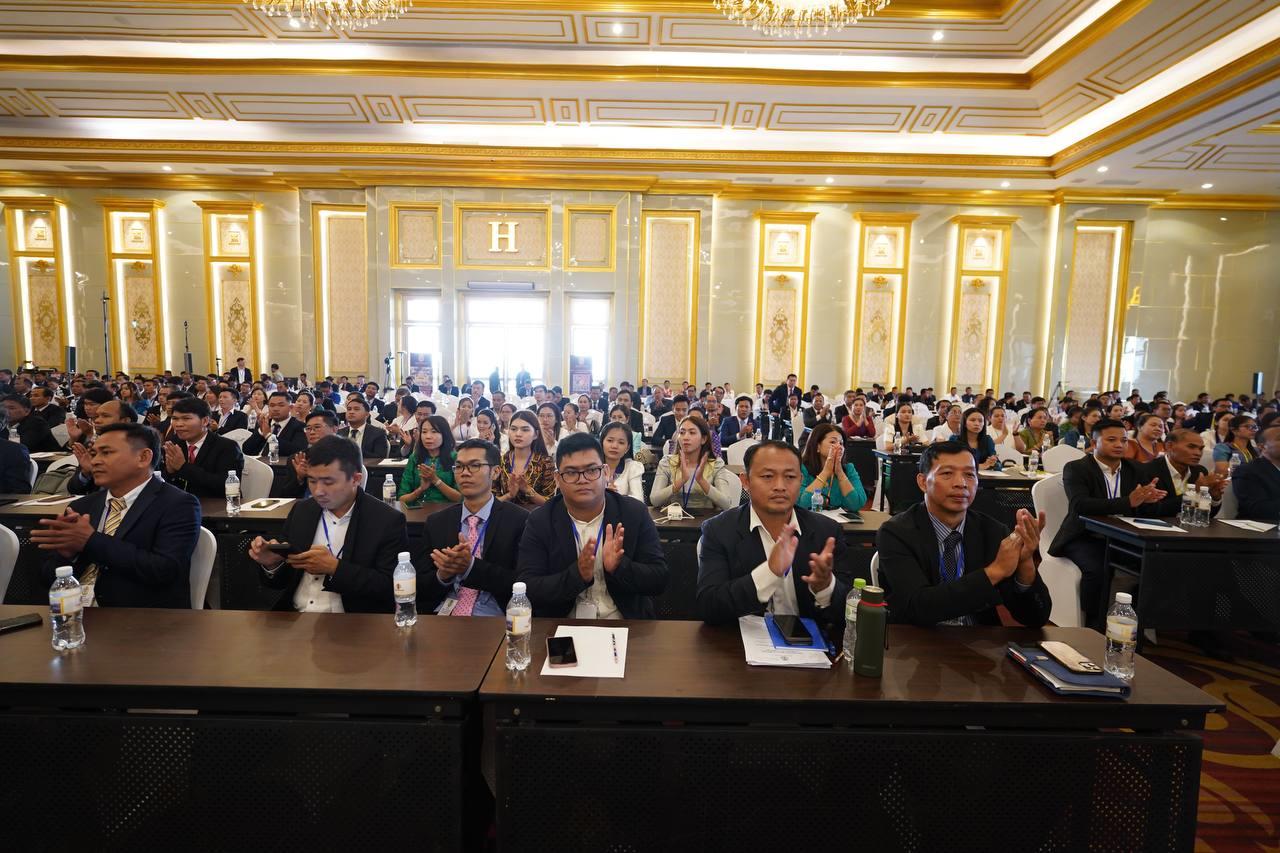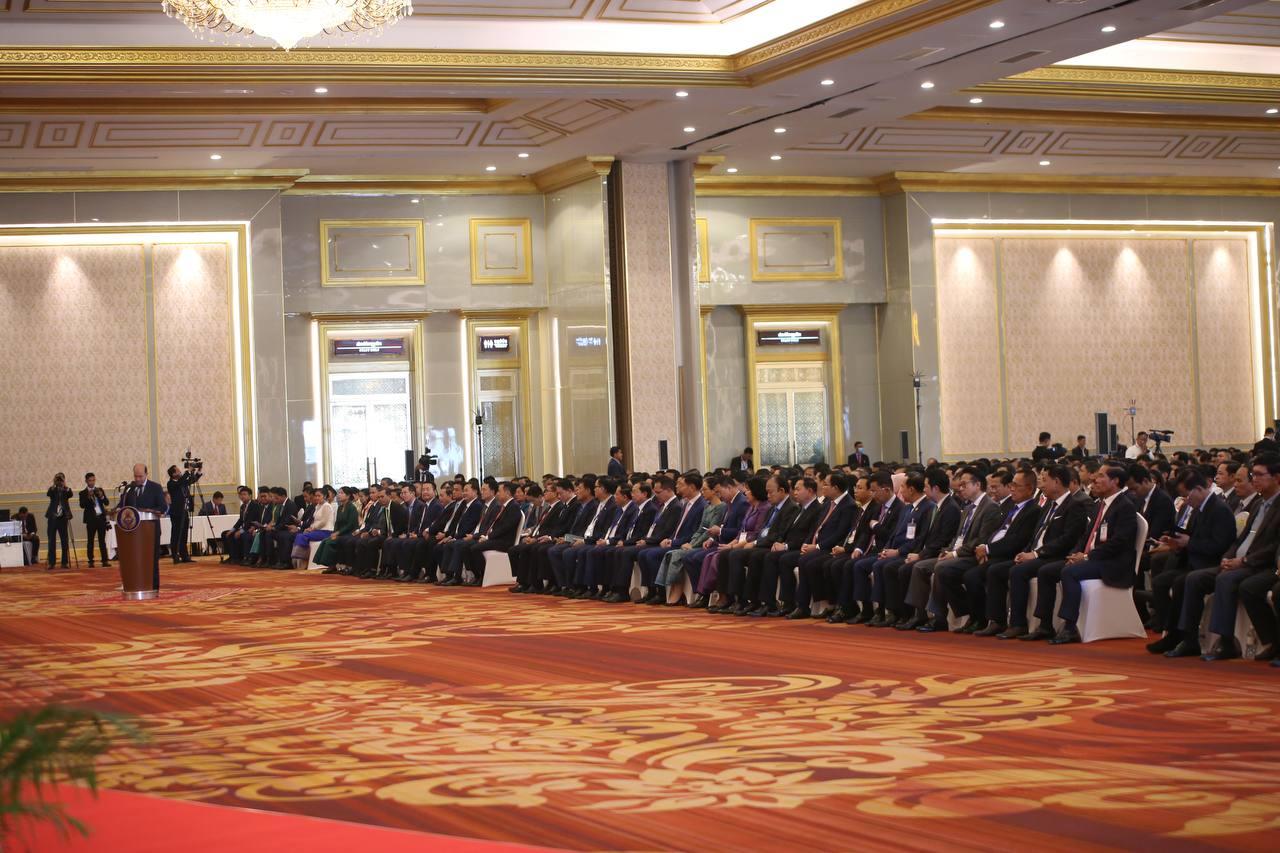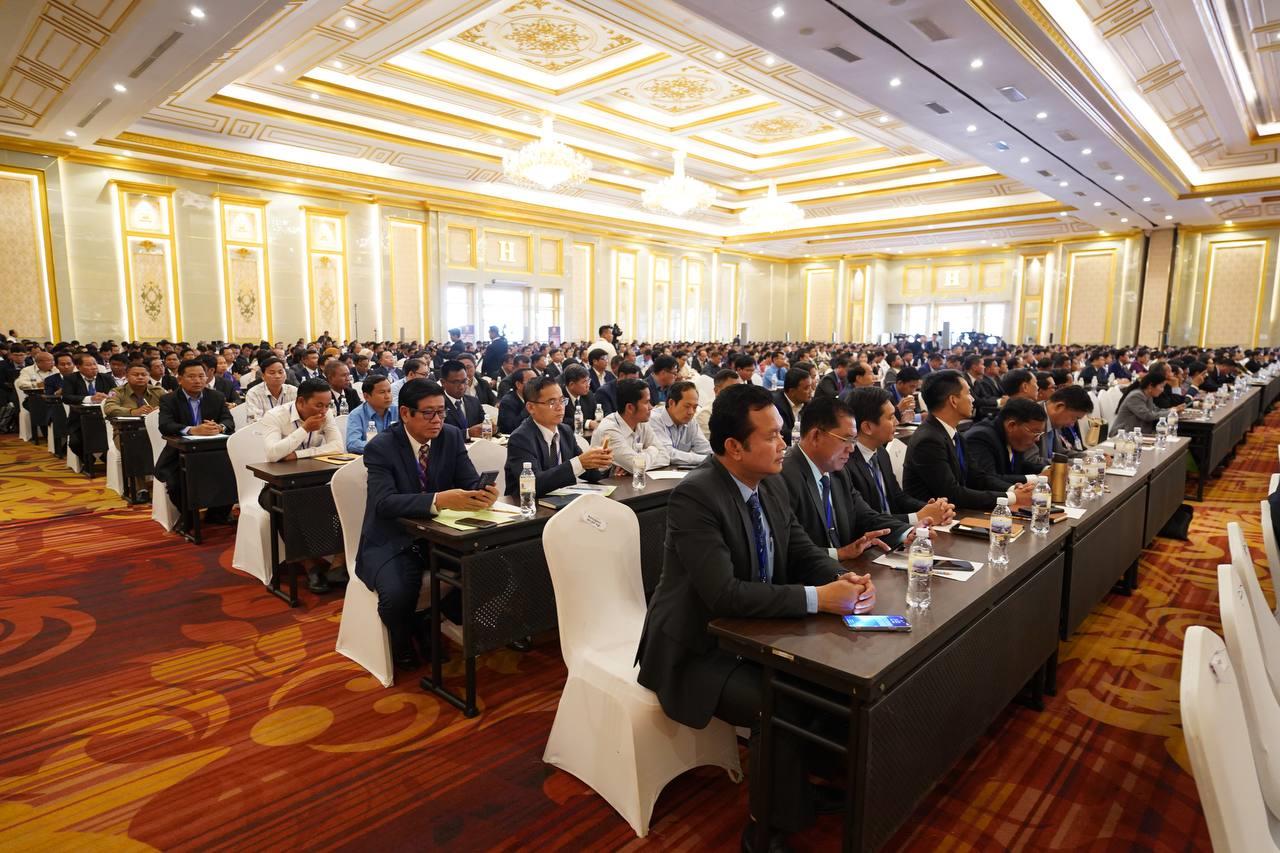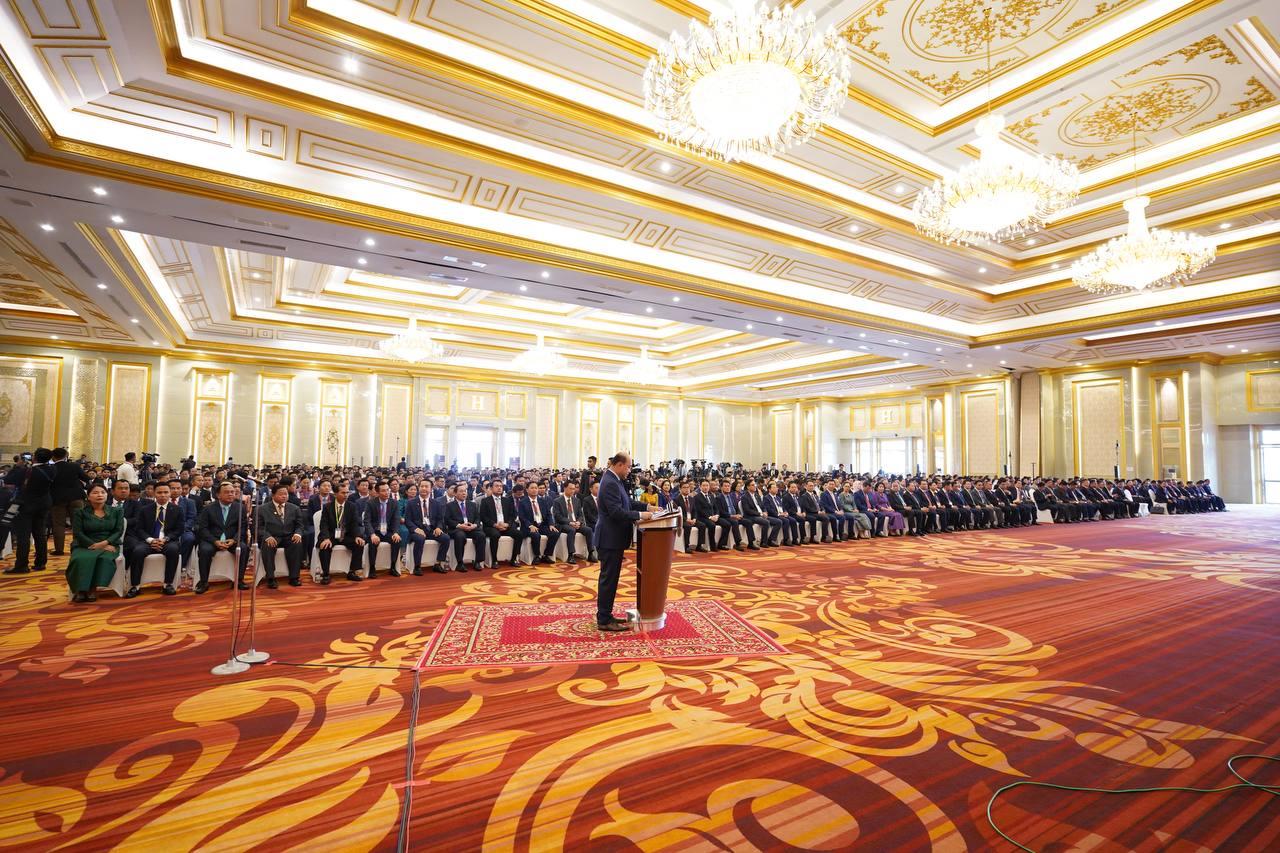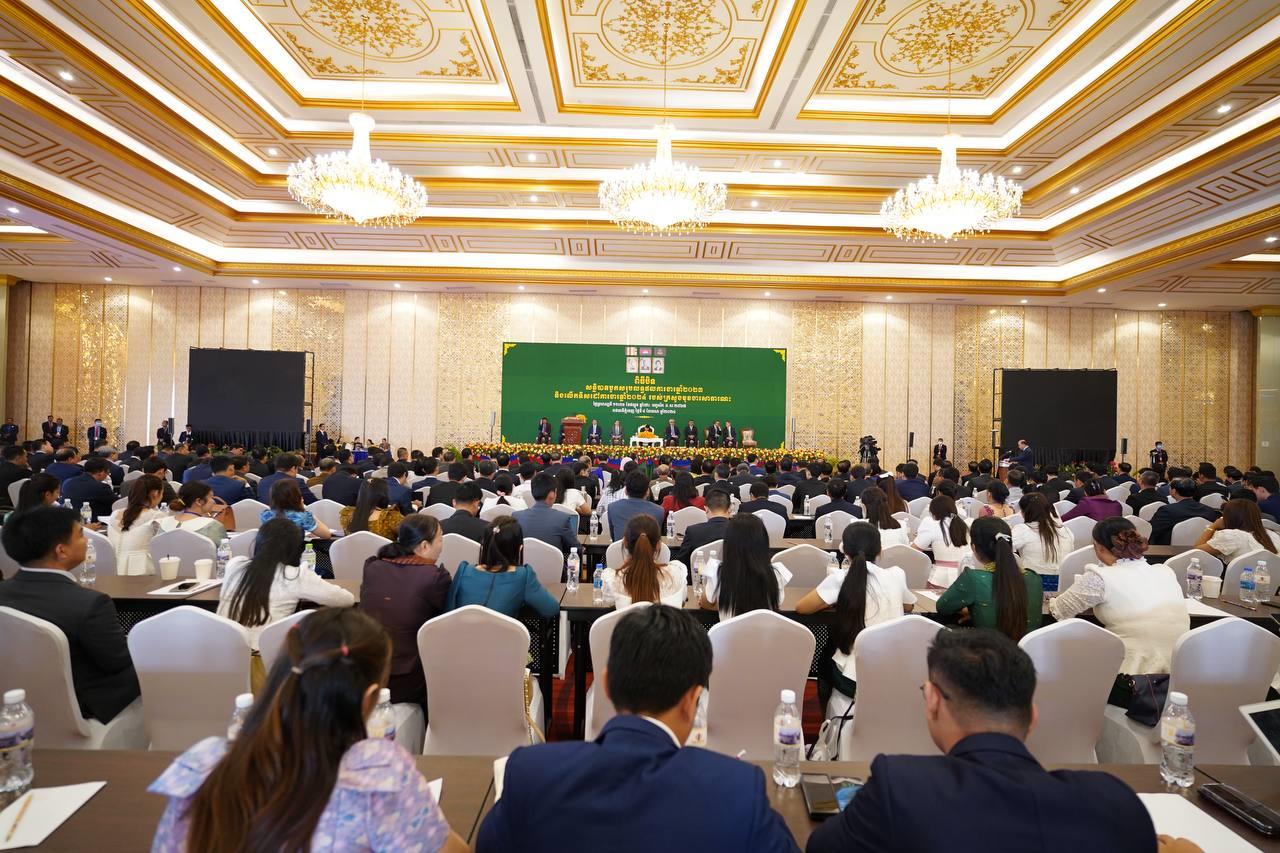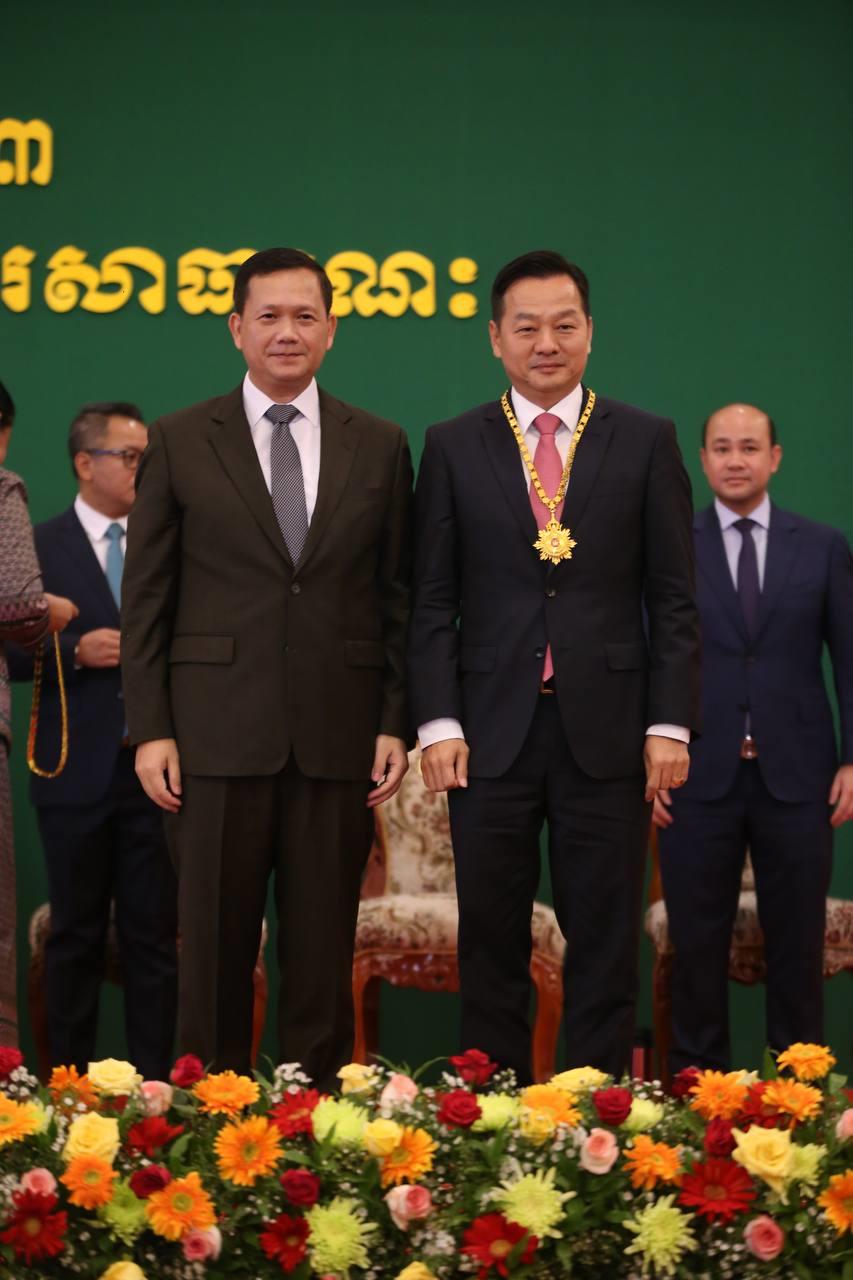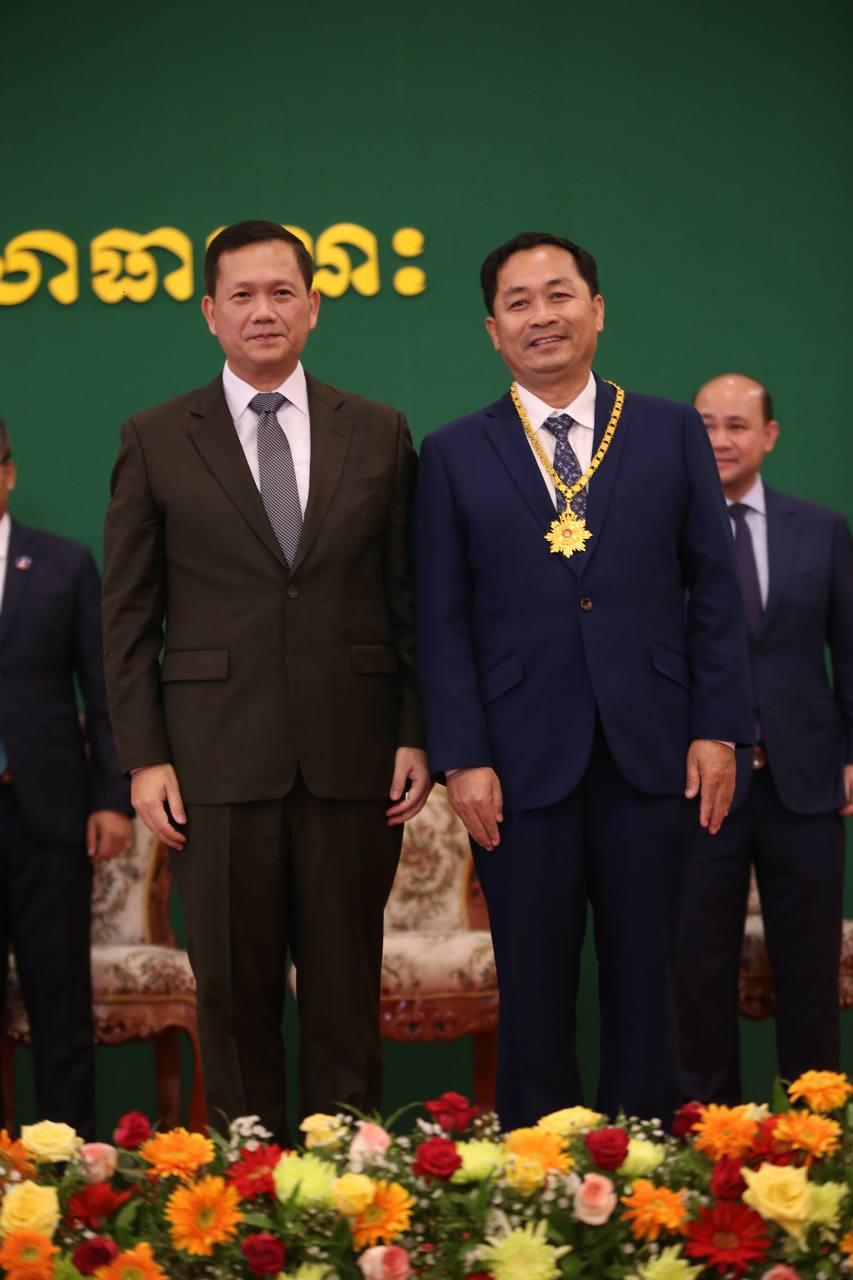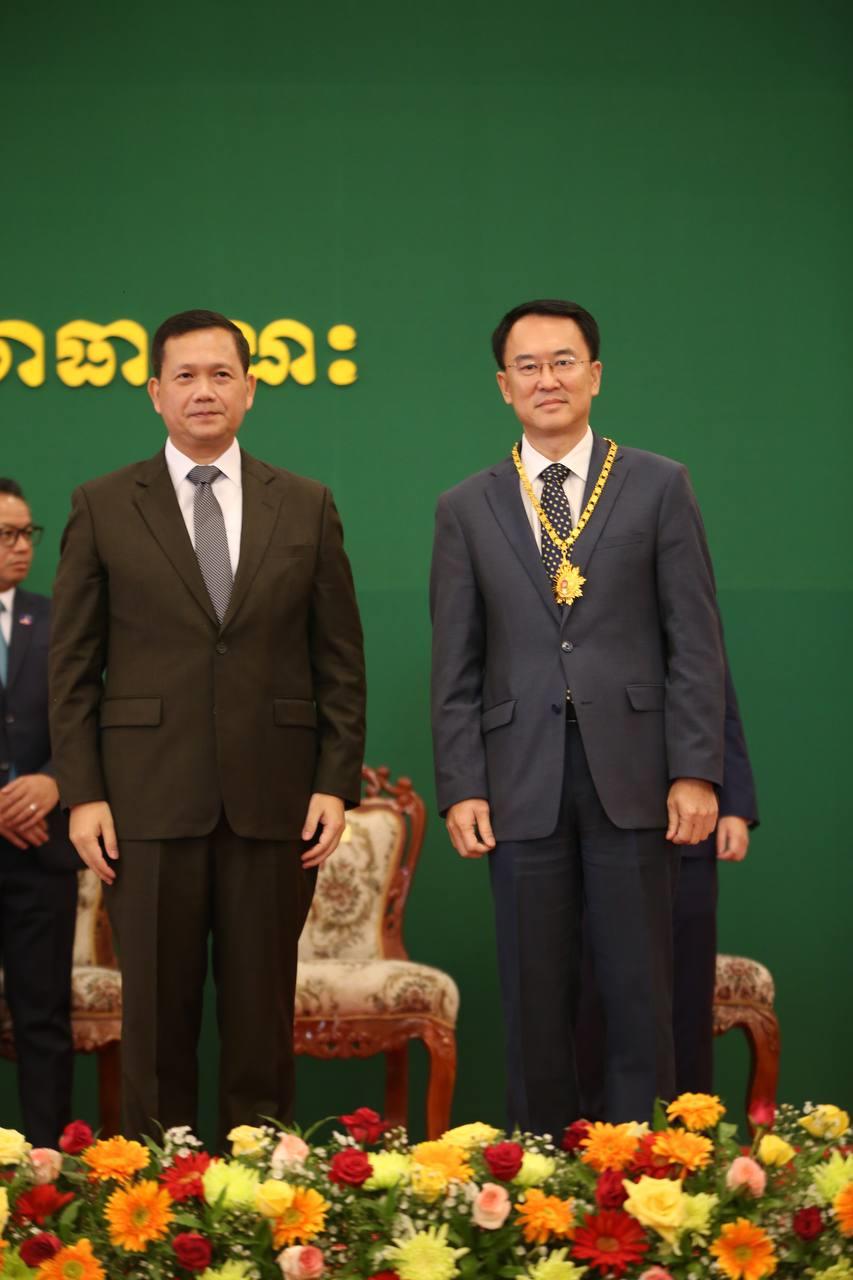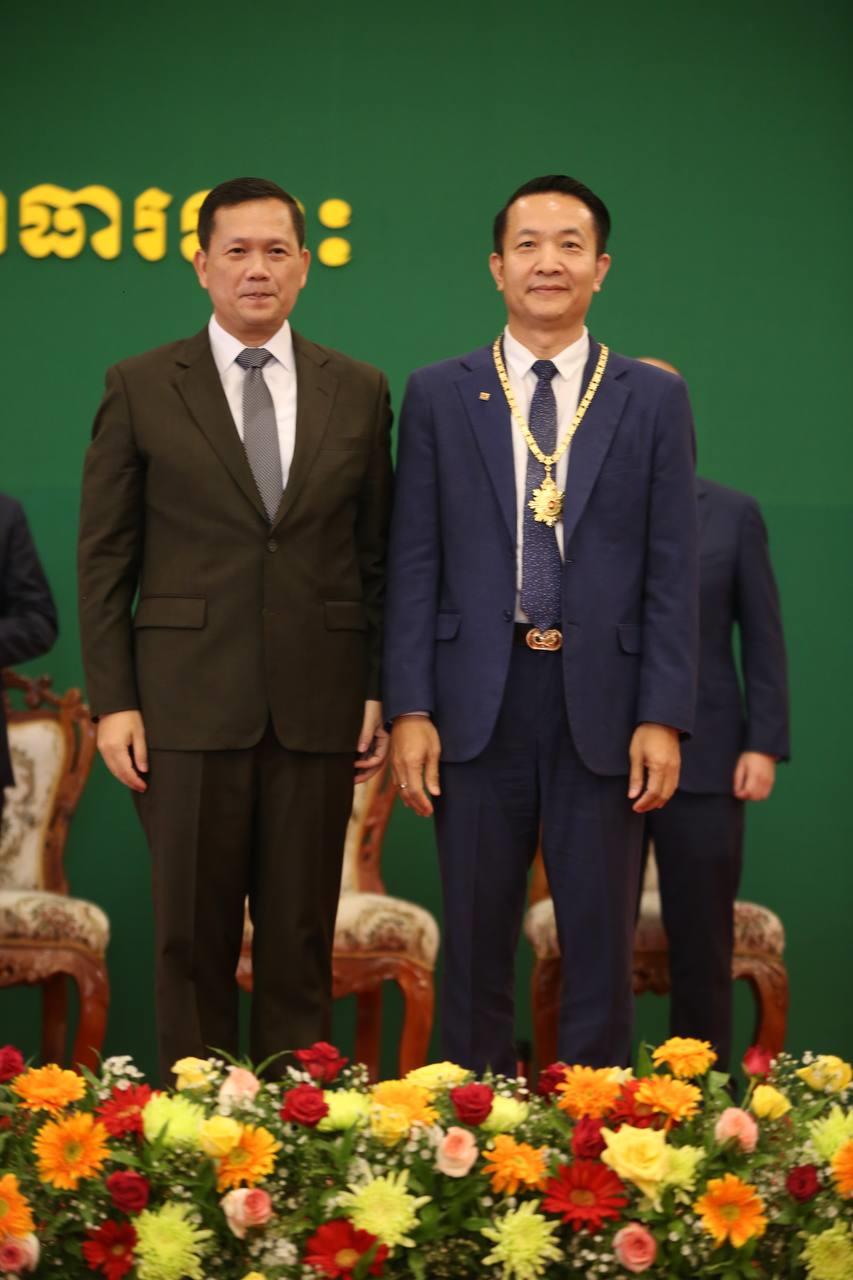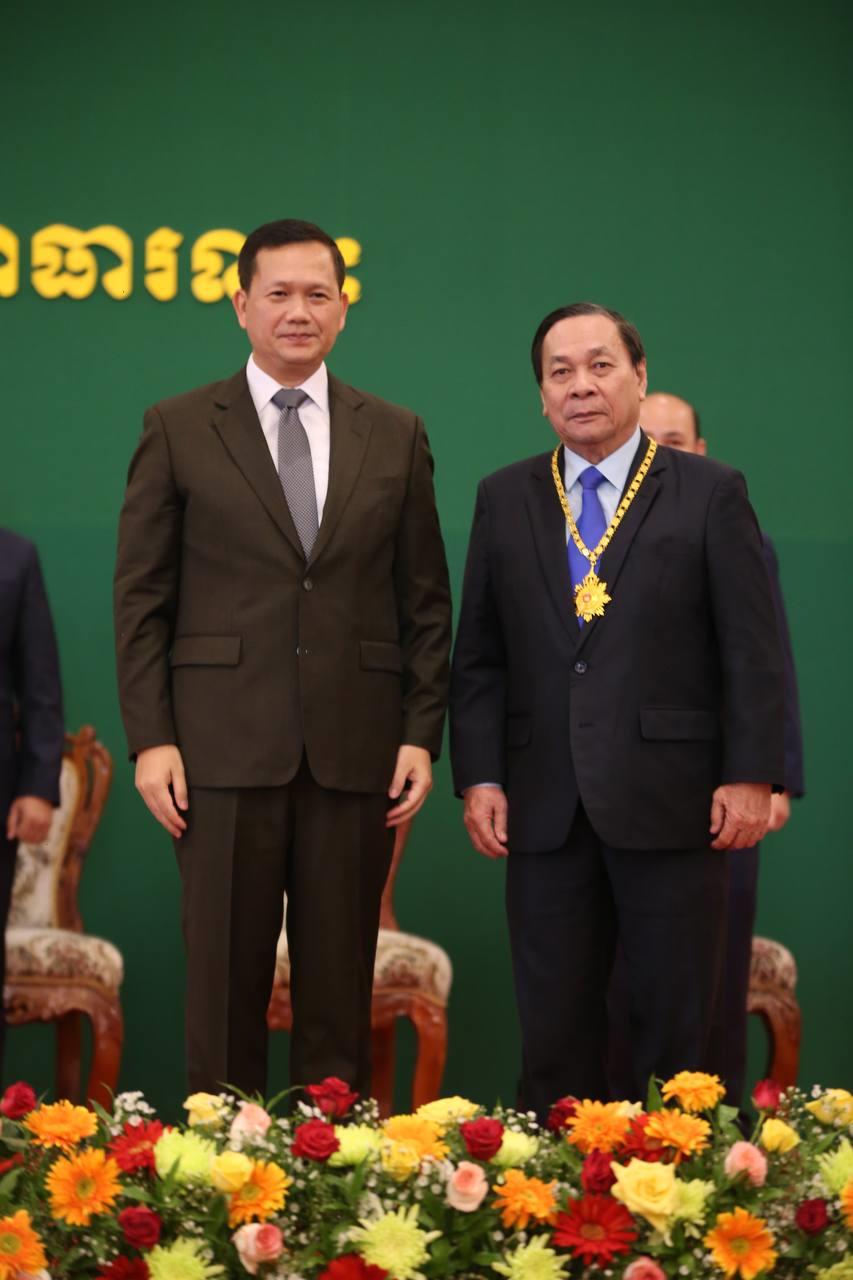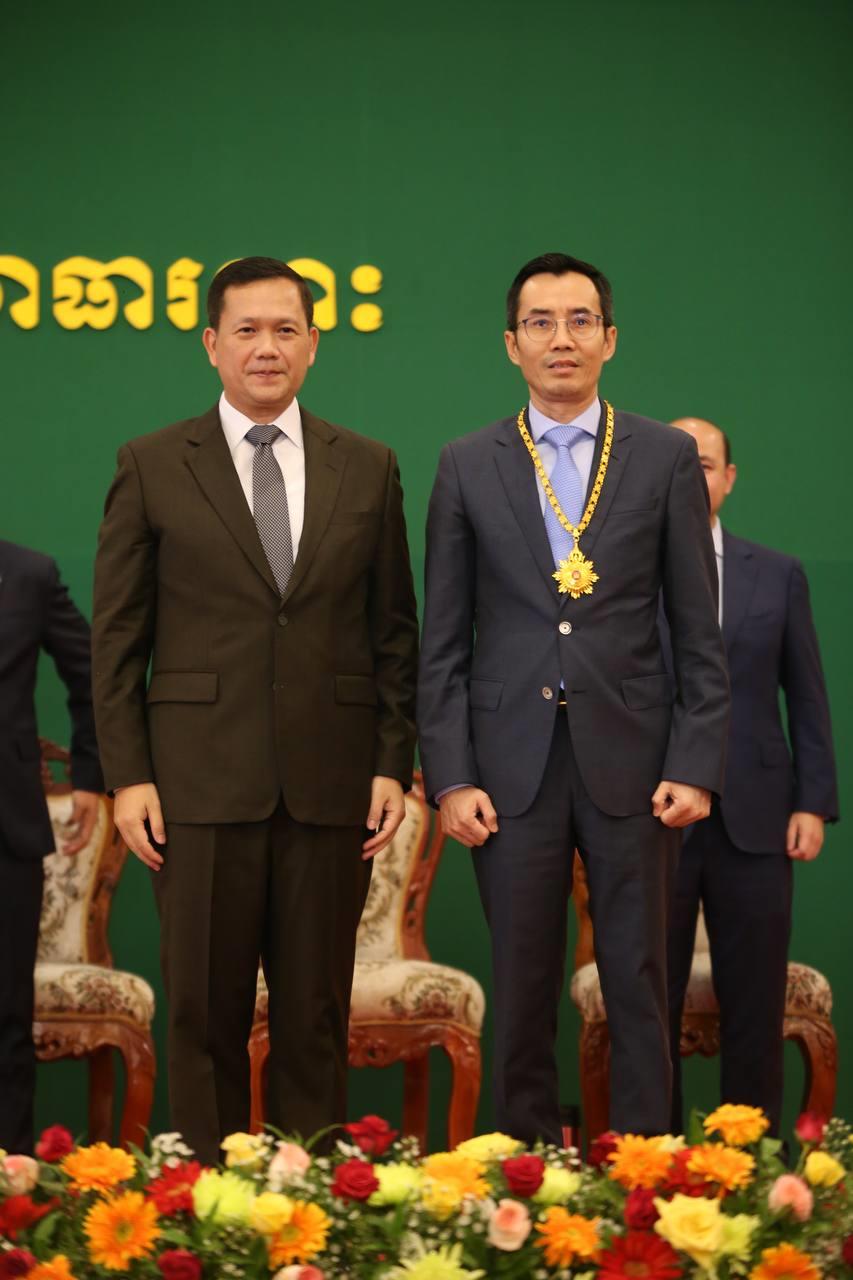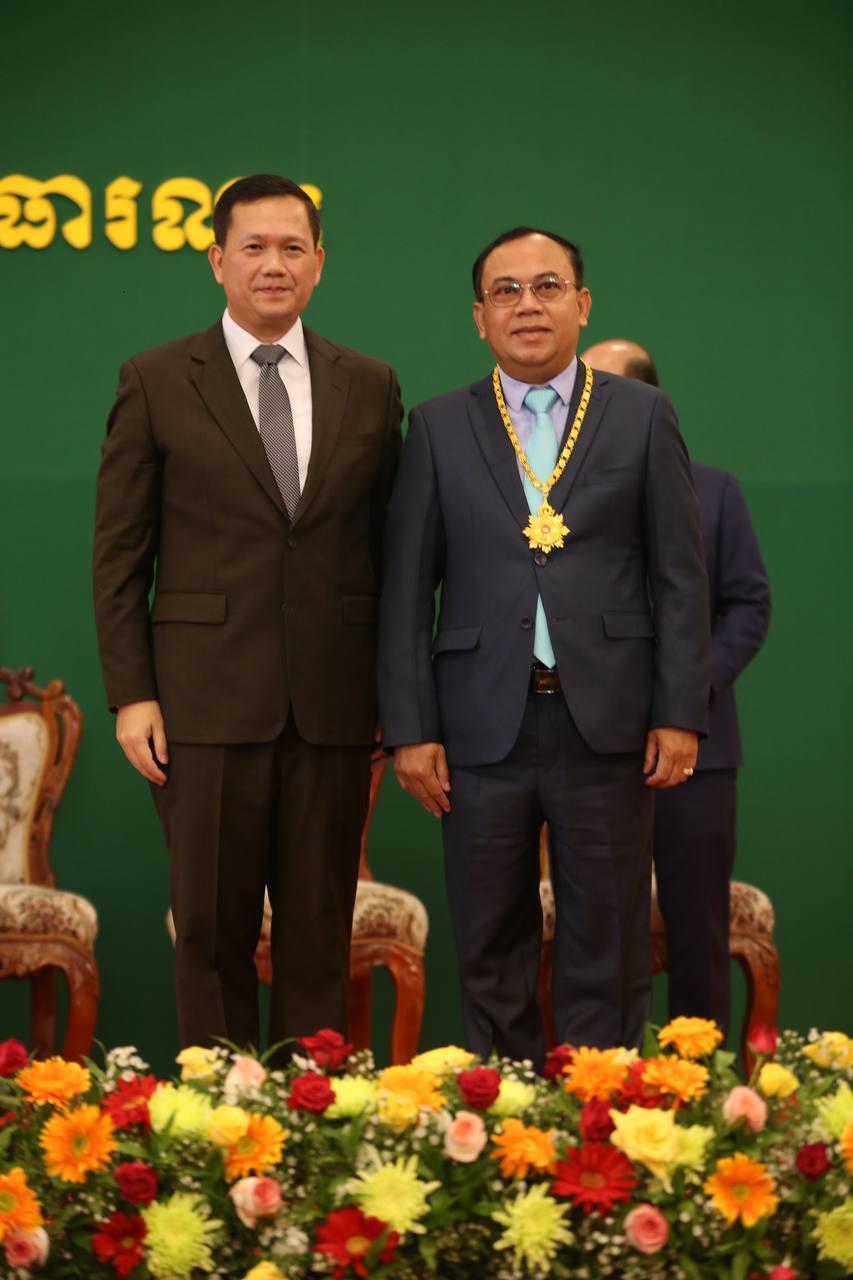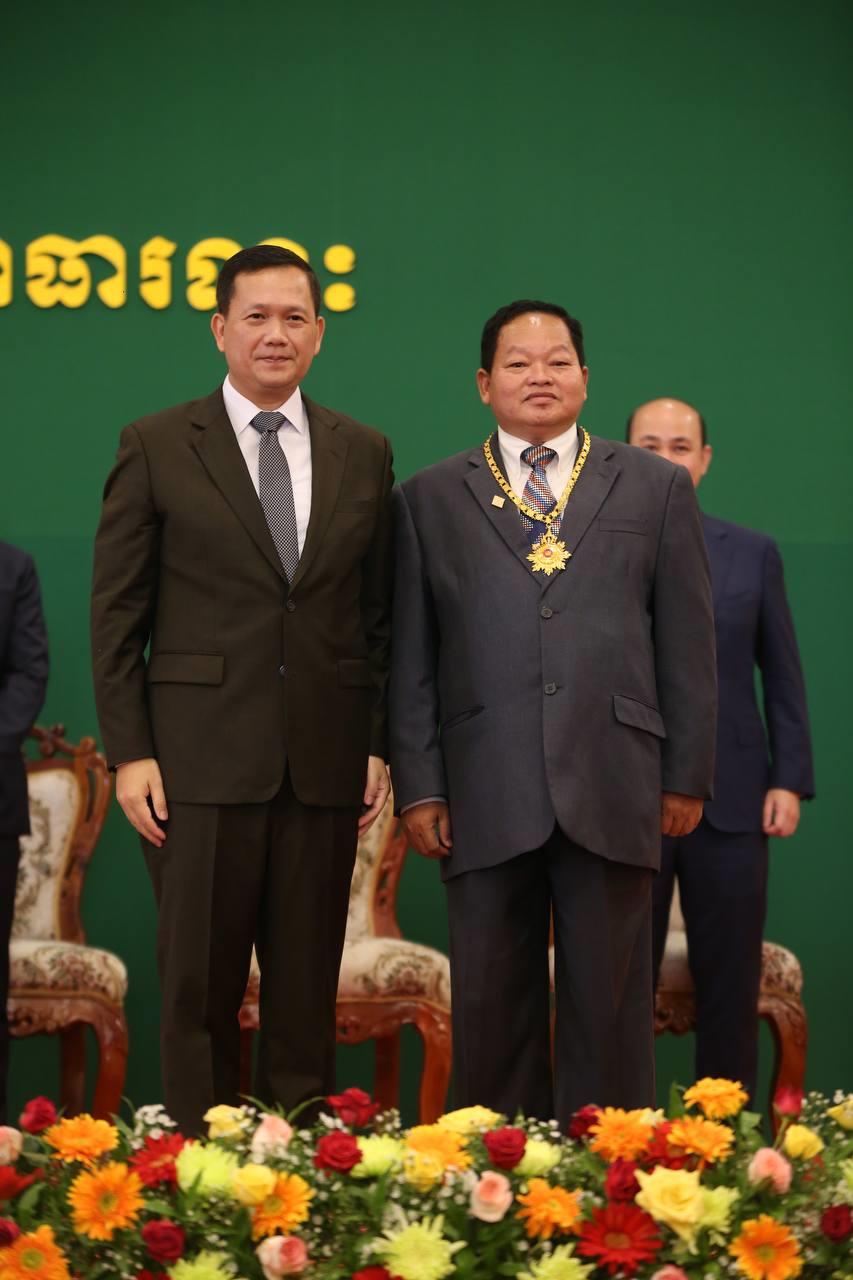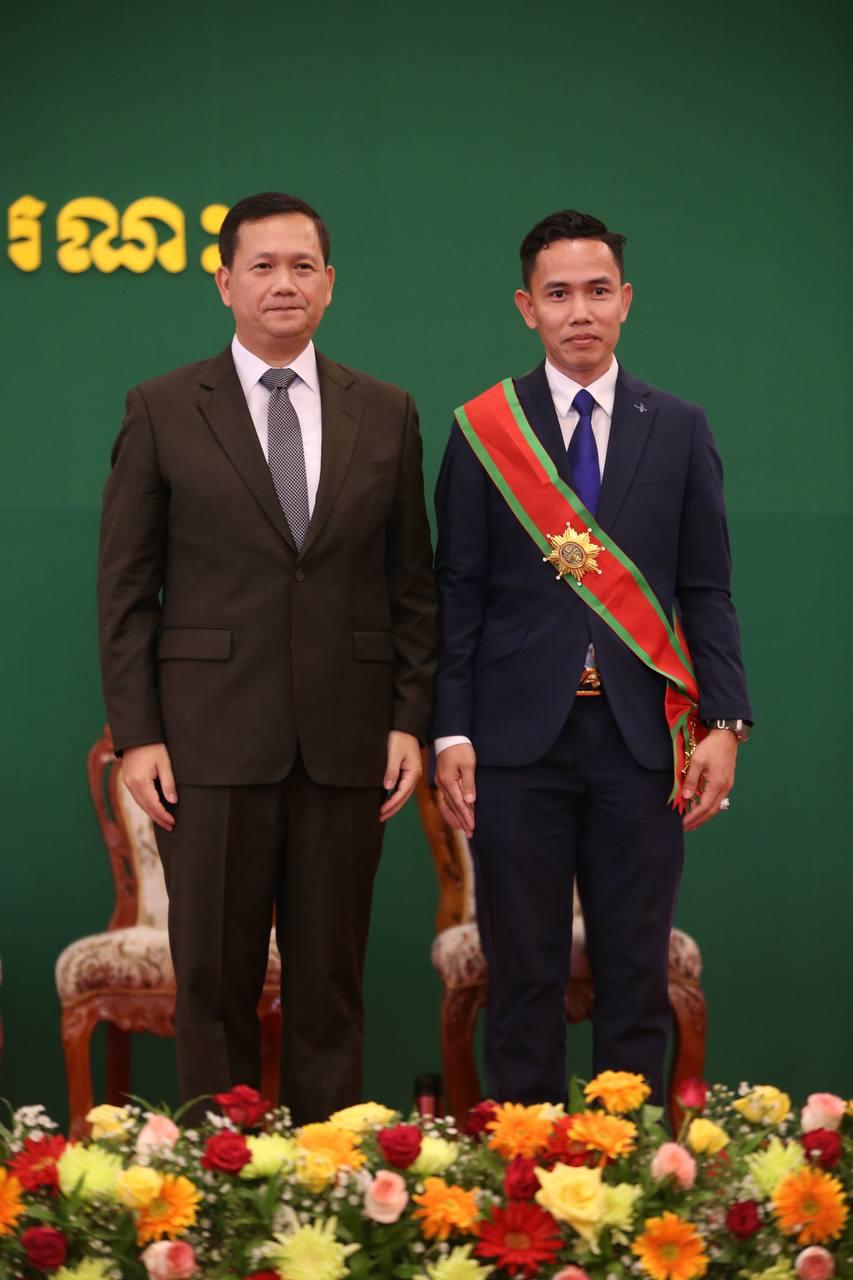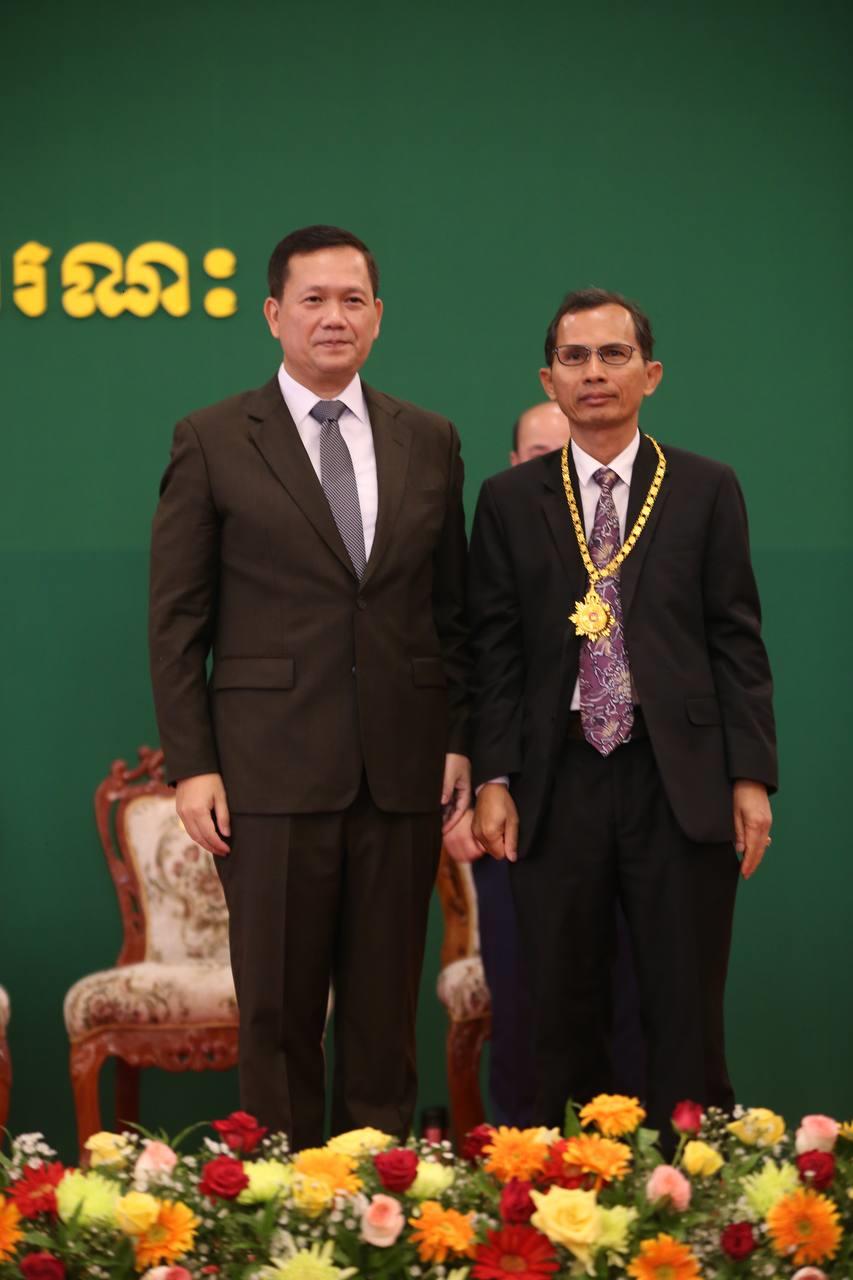Phnom Penh (FN), Apr. 4 – Cambodian Prime Minister Hun Manet shared nine recommendations for the Ministry of Civil Service to enhance its duties, speaking on Thursday afternoon (Apr. 4).
The nine recommendations are as follows:
1. Continue to prioritize and actively support the ethical, transparent, fair, inclusive, and effective improvement of civil servant recruitment. Based on the standard procedures for the recruitment of officials for ministries and institutions, ensuring the public's trust, that is, proudly, relentlessly, and promoting the organization and placement. To implement the legal documents and the selection and management of technical officers, professional officers, the fulfillment must be maintained
2. All ministries, institutions, and sub-national administrations must persist in reviewing their structure, functions, roles, and responsibilities, with particular emphasis on updating organizational structures, official functions, principles, procedures, and legal documents related to public service provision. This is essential to enhance management and improve the quality of public services more effectively, in line with the principles of transparency, accountability, and integrity. In essence, maintaining a "clean and tidy home" is crucial to ensure efficiency and effectiveness in fulfilling their functions and duties.
3. The Ministry of Civil Service, functioning as the Secretariat of the National Committee for Promoting the Implementation of Key Measures for Public Administration Reform, is tasked with promoting the development of action plans to implement key reform measures outlined by the Royal Government of the Seventh Legislature of the National Assembly. These measures are set to be fully implemented in the second quarter of 2024 including (i) Implementing a civil servant recruitment system that prioritizes transparency, fairness, inclusiveness, and efficiency. (ii) Enhancing capacity building and institutional development to improve work quality, uphold discipline, professional ethics, and enhance efficiency and effectiveness. (iii) Establishing a system to support consistency, equity, efficiency, and sustainability in achieving reform objectives.
4. The Public Administration Reform Committee, chaired and coordinated by the Ministry of Civil Service, is mandated to facilitate the preparation and execution of the National Program for Public Administration Reform over the medium and long term. This program will be designed with a clear strategy and action plan to progressively achieve the objective of establishing a modern, high-capacity, robust, intelligent, and clean public administration. Additionally, it is imperative to enhance coordination and integration between public administration reform initiatives and other reform efforts undertaken by the Royal Government. This includes aligning with decentralization, deconcentration, public financial management, legal and judicial, and sectoral reform agendas. Such alignment ensures synergy and mutual support across various levels and sectors, both technically and politically, in pursuing common goals and objectives. This coordinated approach entails formulating and implementing policies, strategies, programs, action plans, and effective legal frameworks for reform.
5. All ministries, institutions, and sub-national administrations are required to adopt the" Dynamics of Stakeholder System " approach, guiding and coordinating the preparation and implementation of policies, strategies, and action plans. This approach involves considering the vision and common goals of the Royal Government and the nation as a whole. The ultimate aim is to ensure that all activities and services provided by these entities are directed towards serving the interests of the people as a whole and improving service delivery to the population.
6. All ministries, institutions, and sub-national administrations are required to enhance their internal monitoring and evaluation systems. This is necessary to ensure the correct identification and implementation of policies, programs, action plans, and relevant legal frameworks. It is imperative that the functions and duties of ministries, institutions, units, and officials are accurately identified and carried out. Additionally, negative aspects and challenges must be clearly identified and evaluated to be addressed and continuously improved upon, without leaving any challenges unresolved. Overall, the process of public administration must undergo regular monitoring, evaluation, and improvement to ensure effectiveness and efficiency.
7. All ministries, institutions and sub-national administrations must promote regular capacity development for officials and institutions by sharing ideas, adopting new knowledge, best practices, and innovations in public administration. Emphasize leadership effectiveness, management system building, and cultivating a culture of service excellence and professional ethics among civil servants.
8. All ministries, institutions and sub-national administrations must support the gradual implementation of public administration reform initiatives, especially those related to human resource management, budgeting, and administrative framework. Ensure predictability, effectiveness, quality, and accountability in delivering public services.
9. In the context of the fourth Industrial Revolution, all ministries, institutions and sub-national administrations must embrace digital technology adoption and promotion in public administration to ensure the delivery of quality, accessible, responsive, fast, cost-effective, and efficient public services. Develop comprehensive digital officer information management systems to facilitate the management, recruitment, deployment, and capacity development of officials across ministries, institutions, and sub-national administrations.
=FRESH NEWS
